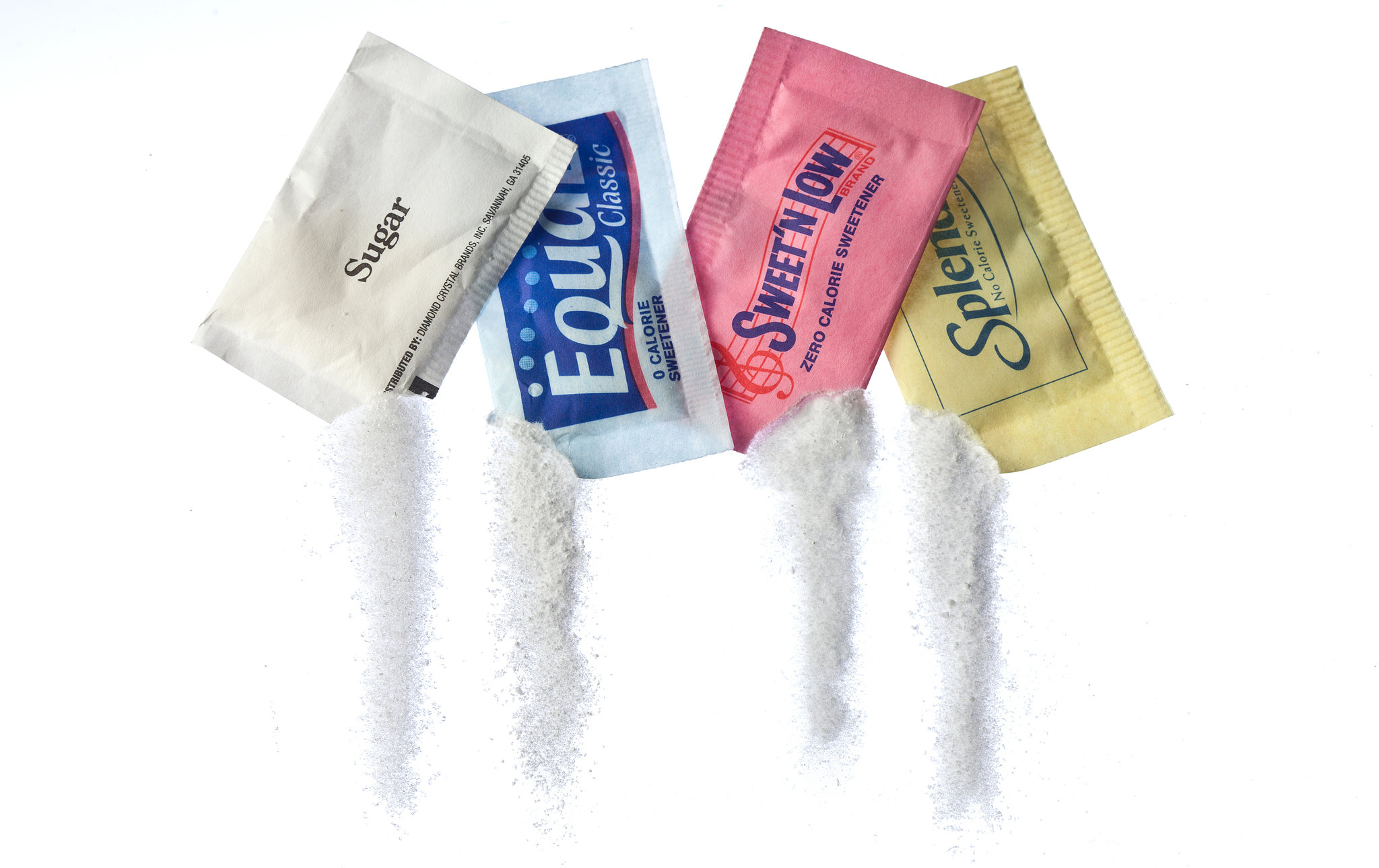In a recent study, researchers at Florida State University College of Medicine discovered a link between the artificial sweetener aspartame and anxiety-like behaviour in rats.
The peer-reviewed study discovered that even aspartame within FDA limits can cause anxiety. It was published in the Proceedings of the National Academy of Sciences earlier this month.
When aspartame is consumed, it degrades into aspartic acid, phenylalanine, and methanol, according to the researchers. These three substances have the potential to have a significant impact on the central nervous system.
During the trial, which was overseen by PhD candidate Sara Jones, the aspartame concentration in the mice’s drinking water was around 15% of the FDA-approved daily maximum for humans.
In comparison, the dosage is equivalent to eight-ounce cans of diet Coke consumed by humans on a daily basis. The trial lasted four years and lasted 12 weeks.
The scientists discovered that the mice’s anxiety levels increased over time. They also discovered changes in the mice’s gene cells. The mice’s amygdala, a region of the brain that regulates emotions and fear reactions, activated more frequently after being given aspartame. This may account for the mice’s increased anxiety.
“It was such a robust anxiety-like trait that I don’t think any of us expected to see,” Jones told Health News. “It was completely unexpected. Typically, you will notice subtle changes.”
What was perhaps more shocking was that aspartame-exposed male offspring had higher anxiety levels.
Genetic research, however, also revealed that the aspartame-induced changes in the amygdala were passed down to the children of the mice that were administered the sweetener, but not to the generation after them.
Read More: Study reveals women are more prone to depression than men
Pradeep Bhide, who holds the Jim and Betty Ann Rodgers Eminent Scholar Chair of Developmental Neuroscience in the Department of Biomedical Sciences, described the findings as follows:
The findings of this study suggest that in order to understand what is happening now, we must first consider what was happening two generations ago, if not earlier.
To make the aspartame-exposed mice feel less anxious, diazepam, also known as Valium, was given to them. A significant study finding was how diazepam affected the progeny of aspartame-exposed mice.
When given to aspartame-exposed mice, diazepam was far more effective than aspartame at reducing anxiety in their offspring. This demonstrates that the sweetener’s effects fade over time.
Aspartame is a table top sweetener that is also found in ready-to-eat foods, beverages, and low-heat recipes. In studies, it has been linked to conditions such as brain tumours, Parkinson’s disease, Alzheimer’s disease, and multiple sclerosis.





















